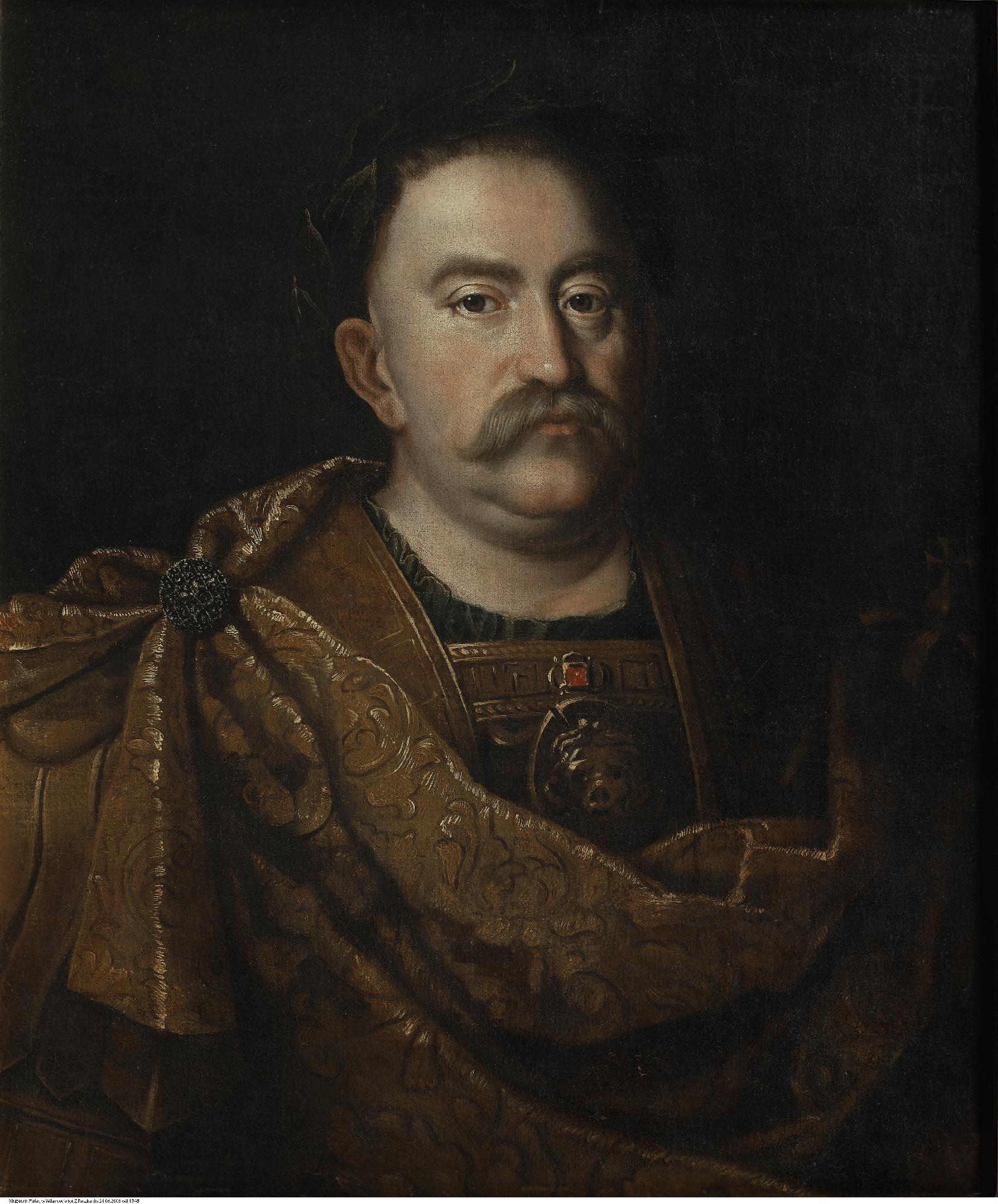
In 18th century the calendar for the year 1759, which is a part of the National Library collection, historical information can be found alongside astronomical and astrological data. It is so because the second part of the calendar is Eventus quidam insigniores qui retro-actis Annis acciderunt in Regno Poloniae eique incorporatis Provinciis, ad singulos, Anni Dies, in quibus contigerunt, breviter ANNOTATI (“Some of the important events that took place in the previous years in the Kingdom of Poland and the attached lands, noted in a concise manner next to the days, on which they happened”). Under the date of 31st of March the anonymous author devotes a lot of attention to the case of Kazimierz Łyszczyński. In the very beginning he wrote that this day in the year 1689 was the day of Łyszczyński’s demise. It is however worth noting that other sources state that the day of his death was 30th of March instead.
Who exactly was Kazimierz Łyszczyński? This nobleman and soldier serving in the ranks of the Sapieha family joined the Jesuit Order in his youth, but then resigned before taking the vows and set up his own household. He had to have a considerable fortune, since he could afford to lend a significant sum to his neighbour, a sum that one source refers to as “one hundred thousand fortunes.” Said neighbour, Jan Kazimierz Brzoska, was according to some sources a stolnik of Bratslav or a Master of the Hunt of Brest, and it was he who denounced Łyszczyński, accusing him of being an atheist. A manuscript of the treatise De non existentia Dei (“On the non-existence of God”) served as a proof of the accusation. As a prisoner of the bishop of Vilnius – Konstanty Kazimierz Brzostowski – Łyszczyński was brought to Warsaw, because due to the fact he was a nobleman, only a Sejm court could judge him. During the public supplication in the St. John’s Cathedral in Warsaw he delivered a sermon based on the words of the psalmist: “Dixit insipiens in corde suo: non est Deus” (“The fool hath said in his heart: There is no God”). Supplication was held in order to make propitiation to God, so that he would not bring suffering and misfortune upon the entire nation because of the foul words and writings of a single nobleman, as – according to the calendar’s author – it is easy to make the entire nation suffer while only one person is at fault. Kazimierz Łyszczyński was forced to confess his guilt publicly. After being whipped several times by the bishop, he was finally granted absolution. Coming down from the dais he publicly begged for divine mercy and addressed the crowd in the words: Non credite Diabolo, nam is me, et vos decepit: In operibus DEI non simus curiosi, non est nobis necessarium ea, quae abscondita sunt, videre oculis nostris, nec quaeramus, sed credamus potius, quid veritatis lateat (“Do not believe the devil, as he deceived me and you alike. Do not try to look into the work of God out of curiosity, for there is no need to see things that were hidden from us. Do not ask, rather believe in the hidden truth.”) The author of the calendar says further that the decree announced by the king Jan III Sobieski directed against Łyszczyński was extensive. Citing facts that are also known from the preserved descriptions by bishop Andrzej Chryzostom Załuski, the author writes that the tongue and the mouth of the convict were cruelly abused, because he used them against God. He also mentions that Łyszczyński’s hand was also burned, since he used it to write the blasphemous words. The papers containing his blasphemies were also incinerated, and then the nobleman himself suffered the same fate. The author adds that some of the foreign writers claimed that Łyszczyński’s ashes were scattered along the Vistula river using siege engines, however he notes that not a single author from the Commonwealth corroborates this version of the story, and that it is more probable that the king eased his decree and Łyszczyński, after admitting his mistake, was not burned alive, but decapitated in the Main Square of the Old Town in Warsaw. In the end the author cites another decree of the king Jan III Sobieski from 1689, also known from other sources. In the decree the king orders to burn both the manuscript and the author, confiscate Łyszczyński’s property and divide it between the informant and the Treasury, but also ensures safety of the stolnik of Bratslaw, Brzoska, who denunciated Łyszczyński.
The description in the calendar shows emotions. Kazimierz Łyszczyński – a nobleman, an official and a former Jesuit – was presented as a madman, betrayer of faith, heretic and a blasphemer. The author, citing the details of the case seems to fully accept this cruel judgment. This is why he mentions the decree of Jan III Sobieski as a word of advice, although he also mentions that the king eased the judgment of the Sejm court.
The case of Kazimierz Łyszczyński echoed widely in the literature. Wacław Potocki mentioned the blasphemer in his Moralia (1688):
“Who denies our God in Heaven, sins worse
than the Devil; Rightly so they should be burned."
Translation: Lingua Lab
We would like to inform that for the purpose of optimisation of content available on our website and its customisation according to your needs, we use information stored by means of cookies on the Users' end devices. You can control cookies by means of your Internet browser settings. Further use of our website without change of the browser settings means that you accept the use of cookies. For more information on cookies used by us and to feel comfortable about this subject, please familiarise yourselves with our Privacy Policy.
✓ I understand